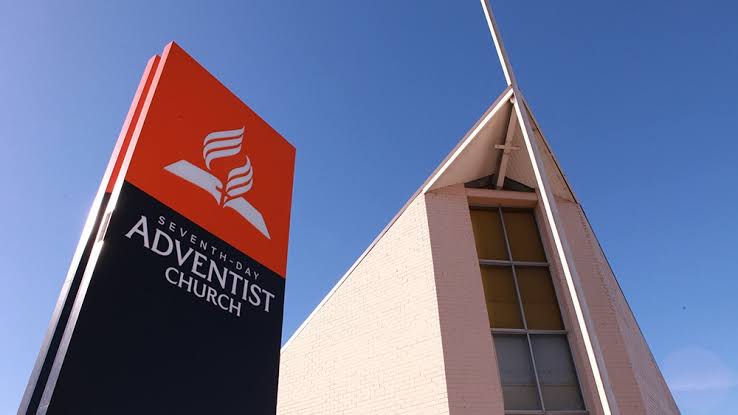A member of the Seventh-day Adventist Church, Ugochukwu Uchenwa, had taken legal action to challenge the scheduling of elections and examinations on Saturdays, arguing that it impinged on his and his fellow churchgoers’ rights to observe the Sabbath.
However, the Federal High Court in Abuja dismissed Uchenwa’s lawsuit, deeming it without merit. Justice James Omotosho, who presided over the case, characterized the suit as frivolous and baseless.
Uchenwa had argued that Saturday, as the Sabbath, should be respected, and conducting state affairs on that day violated their religious freedoms. He sought a court order to prohibit the government from holding elections and exams on Saturdays.
Yet, Justice Omotosho ruled against Uchenwa, stating that while the rights claimed were legitimate, they could be restricted by government policies. He also noted that the Seventh-day Adventist Church represented a minority in Nigeria and couldn’t impose its beliefs on the broader population.
Following the judgment, Uchenwa’s counsel, Benjamin Ahaemefule, expressed intent to appeal the decision. Although aspects of their argument found support, the main thrust of their case was not upheld.

The lawsuit named various government bodies, including the President, Attorney-General, and electoral and examination bodies, as defendants. It contended that scheduling events on Saturdays compelled Seventh-day Adventists to compromise their religious observance.
Uchenwa sought legal remedies such as declaring Saturday exams unconstitutional and prohibiting INEC from holding elections on that day. Additionally, he requested that Saturdays be recognized as public holidays akin to Sundays.
However, the defendants countered that Nigeria maintained secularism and didn’t endorse any specific religion. They argued that accommodating one religious group could infringe on the rights of others and urged the court to dismiss the suit, which it ultimately did.
The case underscores the complex balance between religious freedom and state policies in Nigeria’s legal landscape. While the court acknowledged the validity of Uchenwa’s concerns, it ultimately ruled in favor of maintaining a secular framework.


